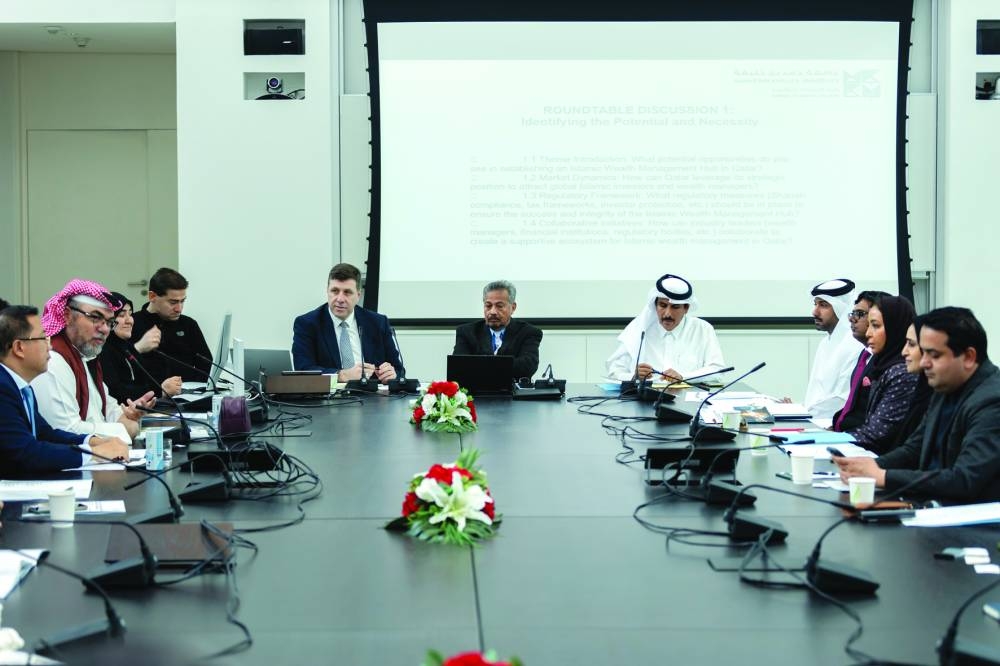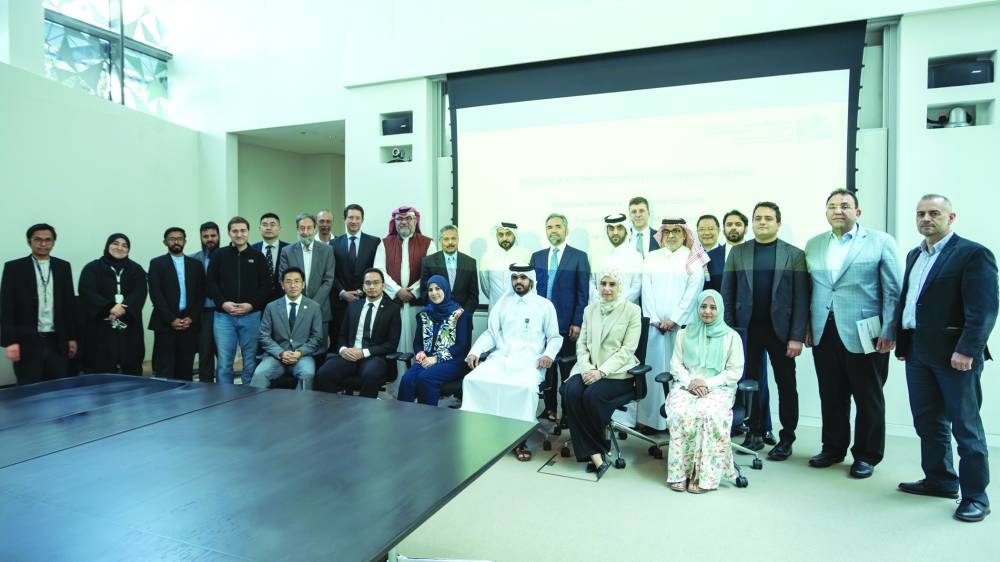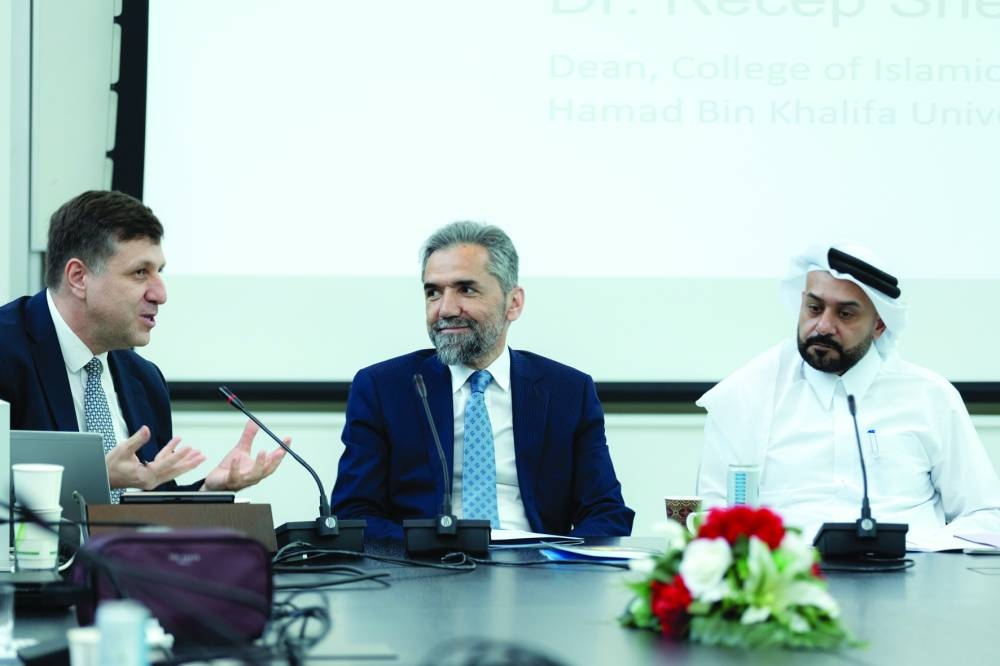The Centre for Islamic Economics and Finance (CIEF) at Hamad Bin Khalifa University (HBKU)’s College of Islamic Studies (CIS) has organised the 8th CEOs and Islamic Finance Leaders Roundtable, an annual event aimed at facilitating communication between the finance industry and academics, review and discuss strategies, as well as advancing the field of Islamic finance.
This year's roundtable topic discussed the future of Qatar's Islamic wealth management landscape and how to create a tangible roadmap toward positioning the state as a leader in this growing field, with attendees collaborating to outline potential initiatives, mitigate risks, and steps they can take to ensure the implementation of strategies discussed.
Throughout the course of the roundtable, participants exchanged opinions on how the regulatory framework surrounding the sector would look like, the infrastructure necessary to support the hub, and how to attract and develop the talent required to develop and grow Islamic wealth management in Qatar for the foreseeable future.
CIS dean Dr Recep Senturk welcomed participants to the event, held under the theme *Beyond Borders: Shaping Qatar's Islamic Wealth Management Ecosystem for Global Impact.
He highlighted the significant transformation that the global Islamic finance landscape is undergoing and the role that Islamic wealth management is poised to play in this evolution.
Qatar, Dr Senturk said, with its robust Islamic finance ecosystem, strategic location, and commitment to ethical and sustainable investing, possesses immense potential to emerge as a global leader in this space.
Qatar Financial Centre (QFC) chief executive Yousuf Mohamed al-Jaida emphasised the importance of gathering leadership figures from across the state's Islamic finance sector for this annual knowledge exchange.
He stressed the significance of the roundtable and the state's strong potential to become an Islamic finance hub, stating: "The annual meeting serves as a crucial platform for chief executives and Islamic finance leaders to advocate for the adaptation, responsible management, and development of Islamic financial instruments.”
“We recognise the promising potential of these products and will harness them to foster a socially responsible financial ecosystem and sustainable future,” al-Jaida said.
"Qatar already has a considerable competitive advantage as an Islamic finance hub due to its strategic location, growing demand for Islamic financial products and services, and supportive legal and regulatory infrastructure,” he continued. “By 2030, we envision Qatar as a global Islamic finance hub, and we are committed to realising this vision through the implementation of the QFC strategy aligned with the Third Qatar National Development Strategy and the Qatar Central Bank's Third Financial Sector Strategy.”
Director of the CIEF director Dr Syed Nazim Ali stated that this annual roundtable, initiated in 2015, is aimed at understanding the challenges that the industry faces in serving the community and exploring the role academia can play towards the vision at both the industry-level as well as at the institution-level.
This dialogue, he said, aims to foster enhanced synergies and co-operation between these two vital stakeholders.
In his comments, Dr Ali emphasised the potential of Islamic wealth management as an emerging sector, and Qatar's pioneering role in Islamic finance and the CIS's commitment to cultivating the next generation of experts for building a sustainable Islamic wealth management hub in the state.

Snapshots from the event.

Snapshots from the event.

Snapshots from the event.
